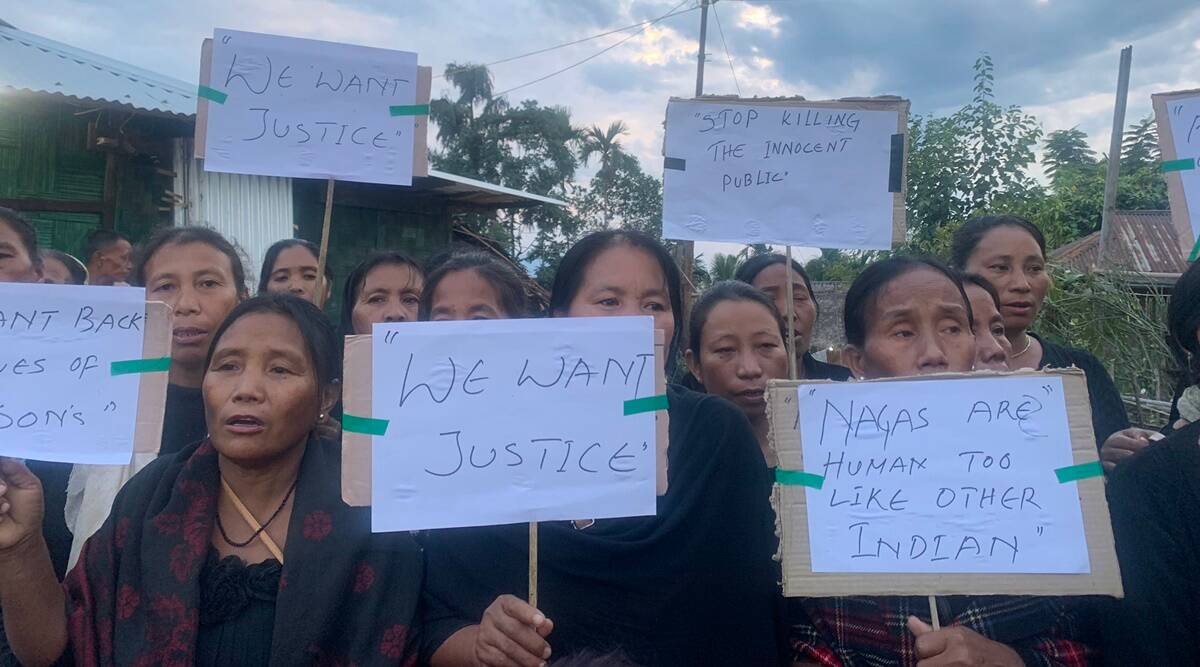The North-East should be seen as a bridge to lands and opportunities beyond rather than as a cul-de-sac in a troublesome extremity of the country. Moreh and Lekhapani, the Indian termini of the Burma Road and the Stillwell Road, should, like Bombay, each have a Gateway of India facing east. Border trade can be the first step to restoring trans-border community and commerce, providing a stimulus to inter-country trade-not merely as a transit corridor but as a source of local manufacture. What is now considered and sees itself as a peripheral region, with all its emotional implications for national integration, would thereby gain centrality and visibility. Regional cooperation will be fostered by and can in turn foster connectivity, trade facilitation, regional cooperation and people-to-people exchange. Unfortunately, the government prefers bilateralism and views multi-lateralism with suspicion. Mindsets must change.
India, like any other nation, must be concerned with the determination and inviolability of its sovereign boundaries. However, in its preoccupation with boundary fixation and the related issue of border management against illicit traffic and other crimes or threats to national security, the government appears to have lost sight of the importance of developing an appropriate border policy. Although the words border/frontier and boundary are interchangeably used in common parlance, they represent very different concepts. While “boundary” refers to the line demar-cating the external political jurisdication of a State, border or frontier refers to transitional zones or bands of territory that lie on either side of the international boundary. Border regions most often exhibit commonalties of race, peoples, language, religion, natural systems, environment, culture and ways of life. Border peoples share ties of culture and commerce.
These human and natural ties are not necessarily severed by national boundaries and it is a matter for regret and concern when this occurs. The government’s indifference towards or mistrust of multilateralism is in part a by-product of a wider intellectual failure to differentiate between boundary and border, between governments on the one hand and man and nature on the other. This infirmity has had a negative impact on the North-East despite positive geo-political changes in the neighbourhood.
It is not that nothing happens across or around the country’s North-Eastern borders. These are in fact unquiet borderlands and are witness to cross-border insurgency, gun-running, narcotics and AIDS, smugg-ling, money laundering, trafficking in women and illicit immigration. These manifestations tell of the porosity of and vigorous negative activity across these borders. Rather than shrink behind a defensive siege mentality, the object of policy should be to convert this vicious circle into a virtuous cycle. The North-Eastern States are willing and anxious to open up. The Centre has to be more responsive. Slow and stately movement is compounding the lost opportunities of earlier wasted years.







 An orbiting message of peace
An orbiting message of peace What Does Your Face Say About Your Health?
What Does Your Face Say About Your Health? The last Konyak headhunters of Nagaland
The last Konyak headhunters of Nagaland Meet R.N. Ravi, who is mediating peace with the Nagas
Meet R.N. Ravi, who is mediating peace with the Nagas










Leave a Reply
Your email address will not be published. Required fields are marked (required)